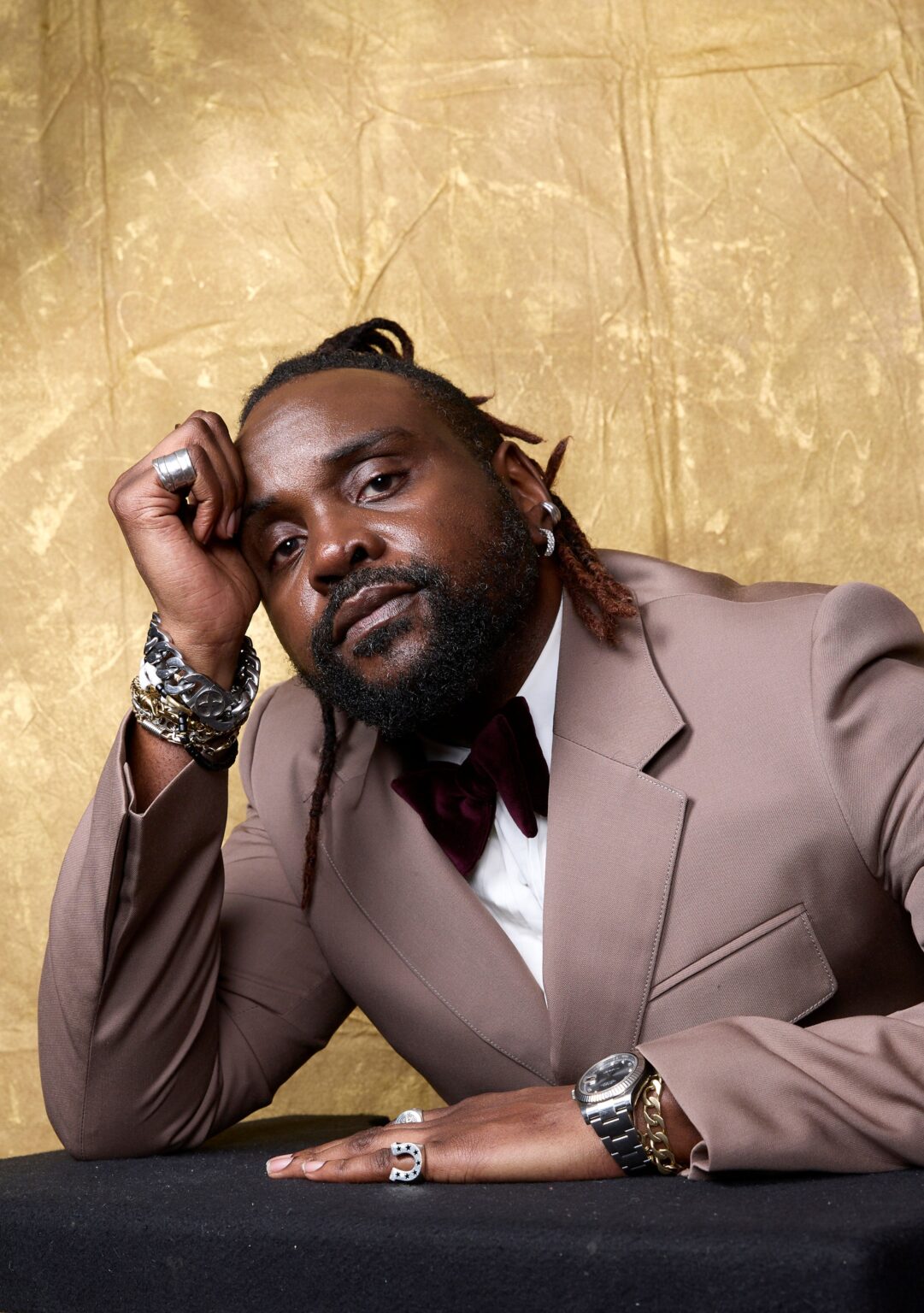Charting the Evolution of Brian Tyree Henry’s Acting Journey
Brian Tyree Henry’s career trajectory has been marked by consistent growth, yet beneath the surface lies a story of relentless dedication and calculated risk-taking. His breakthrough role in Dope Thief served as a pivotal vehicle that showcased his talent to a broad audience. As the North Carolina native shared earlier this year, preparing for this role demanded significant emotional and mental investment. Henry portrays Ray, a man with a troubled past-an ex-convict and recovering addict-who embarks on a tense journey following a terrifying robbery. This character demanded Henry to delve deep into his own psyche, all while navigating the complexities of stepping into a producer’s role behind the scenes.


